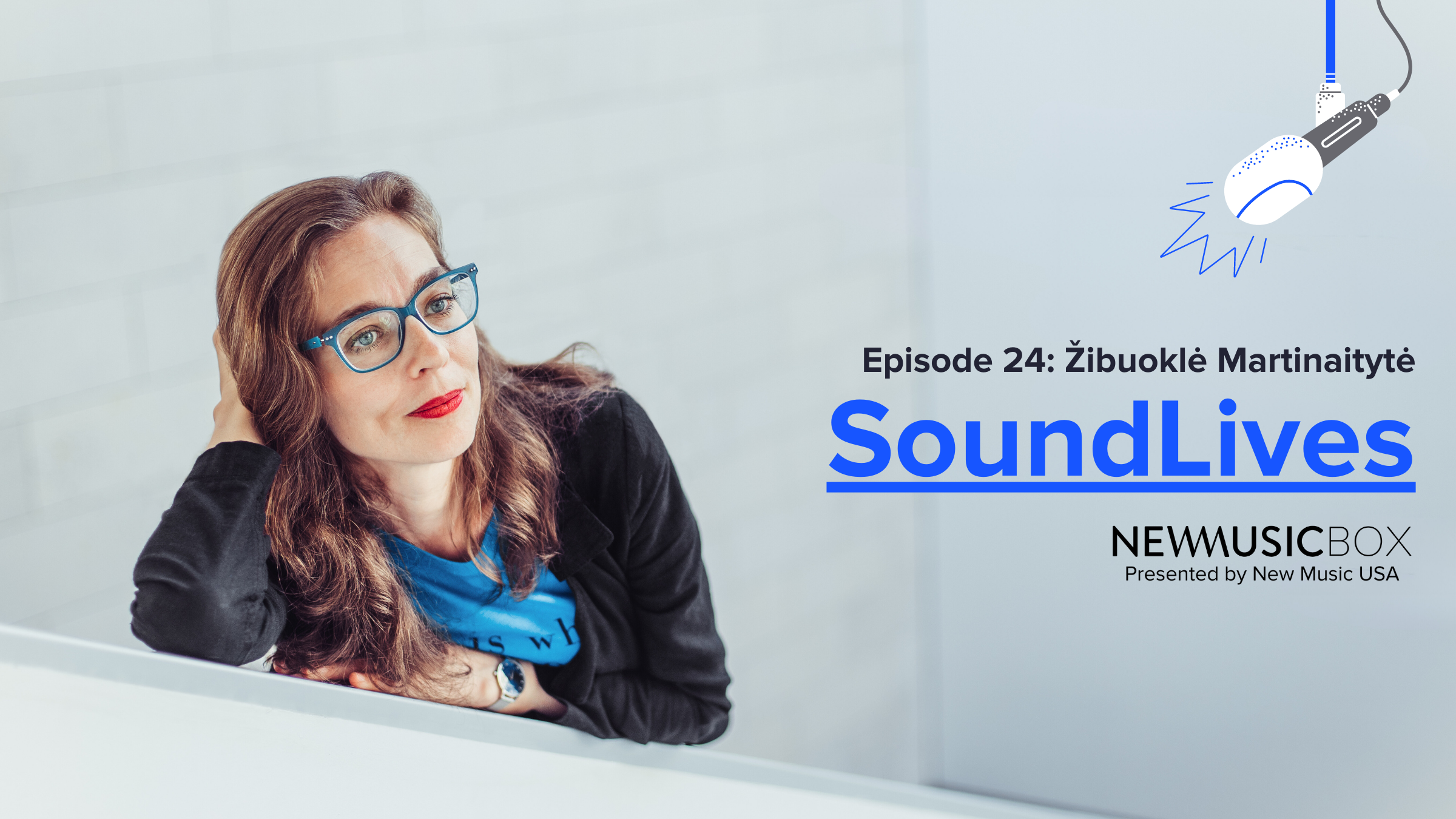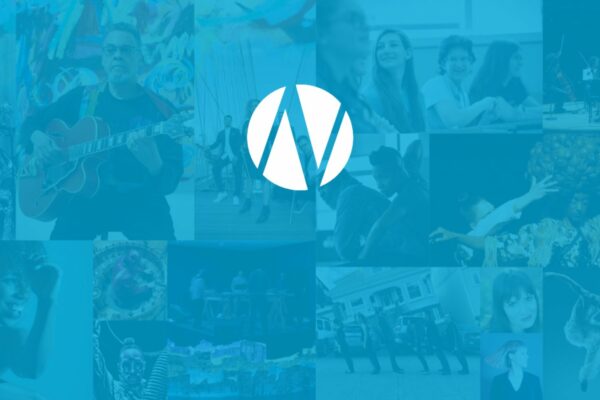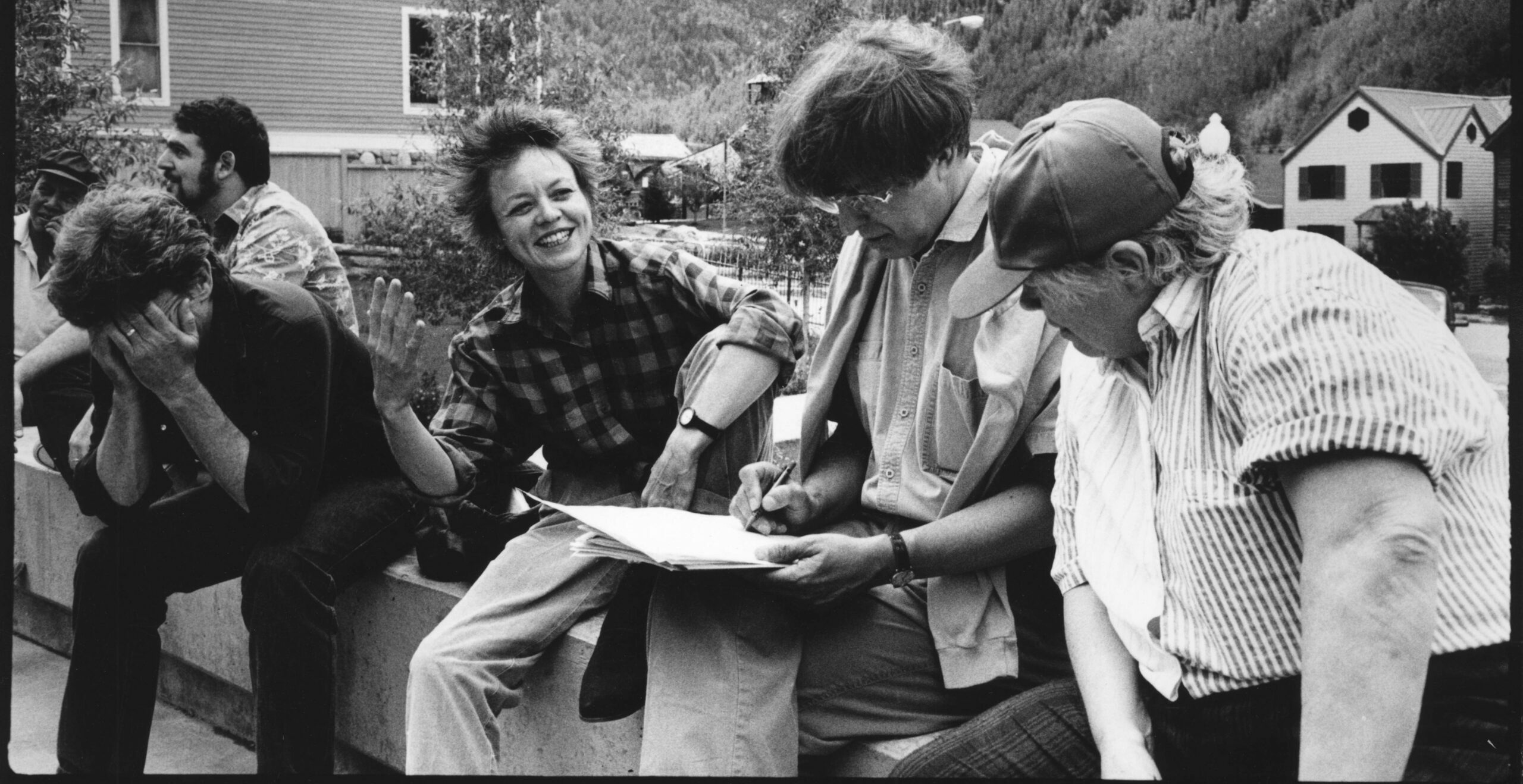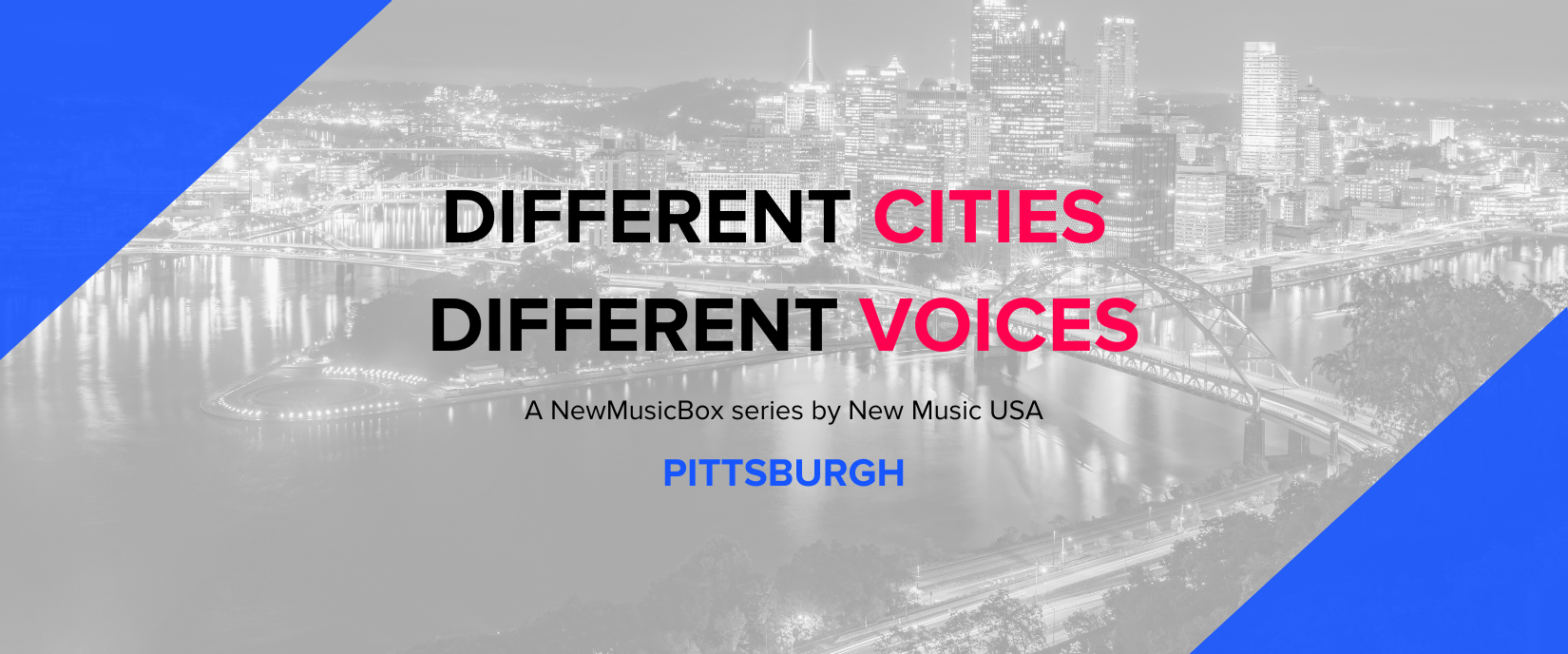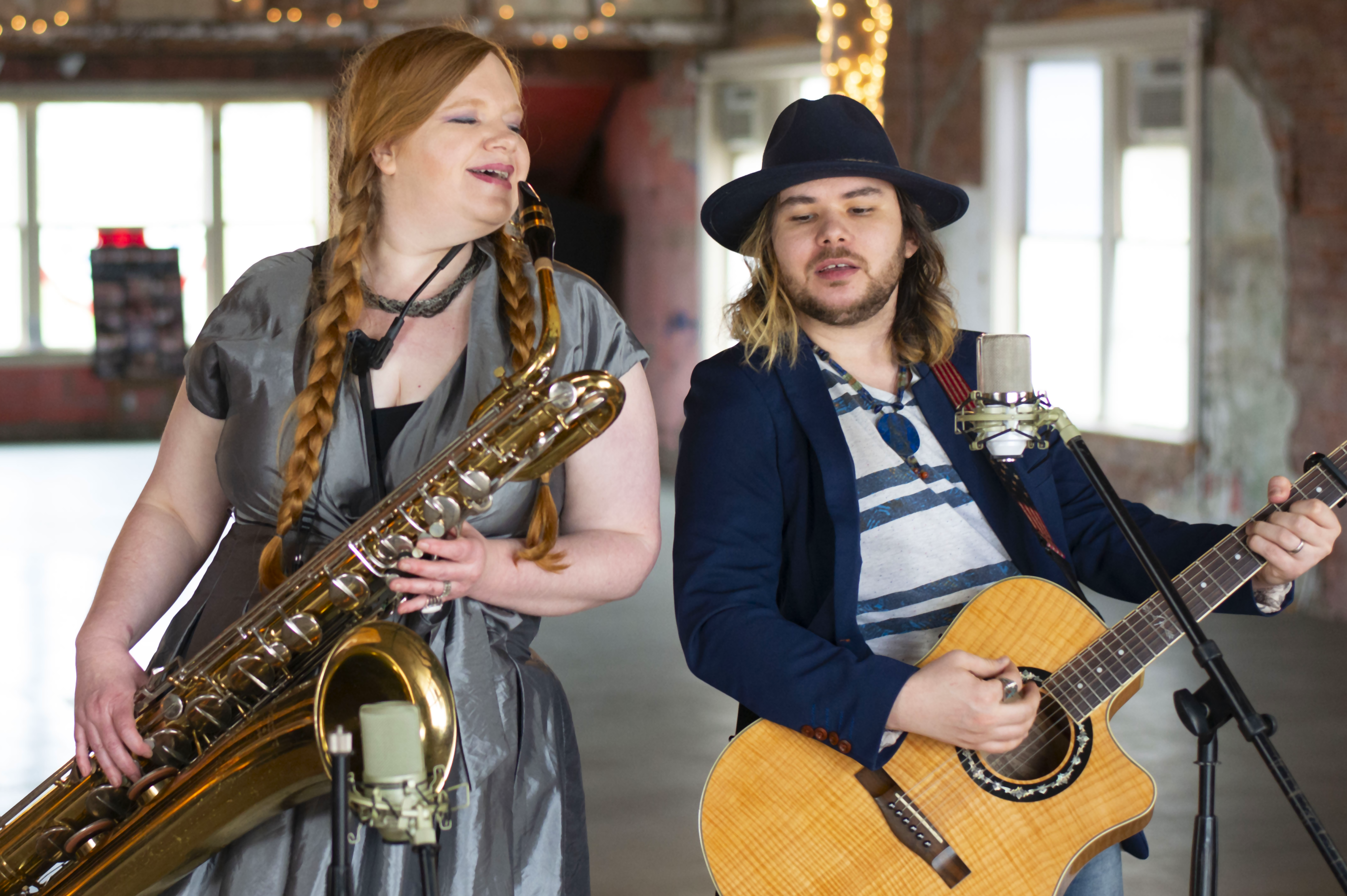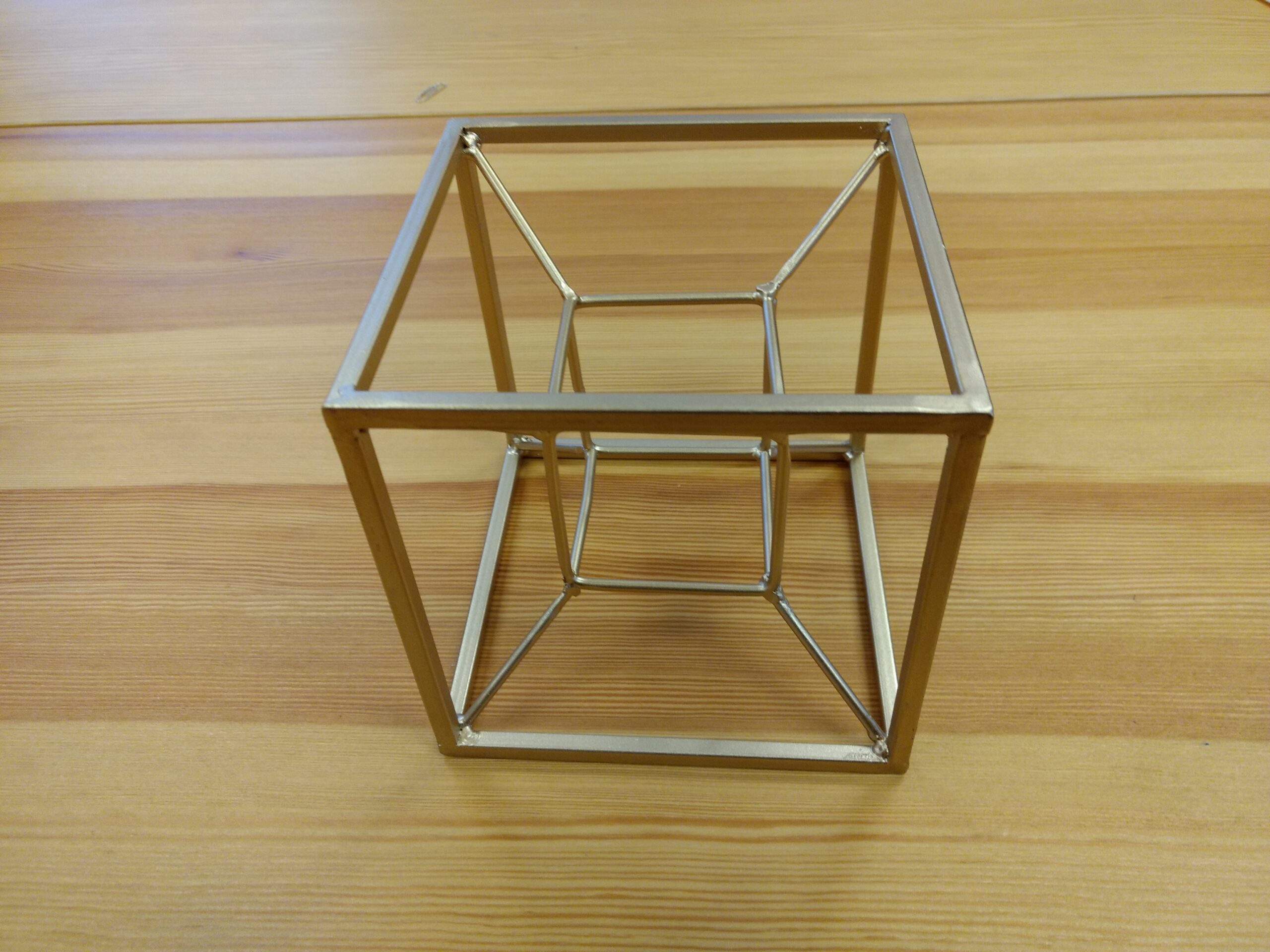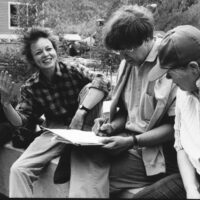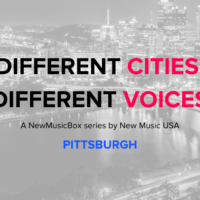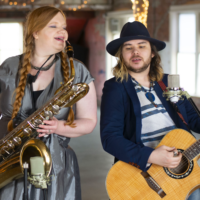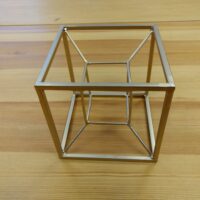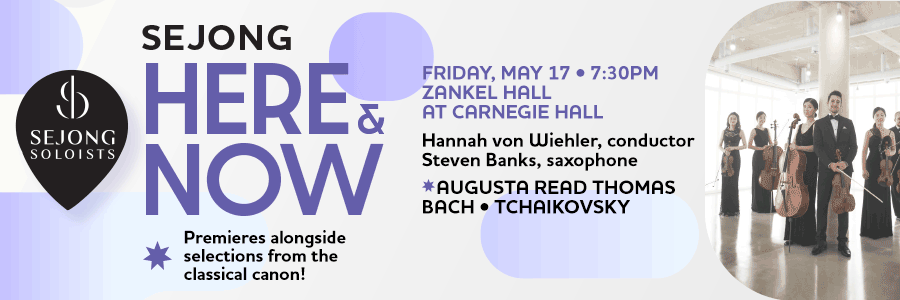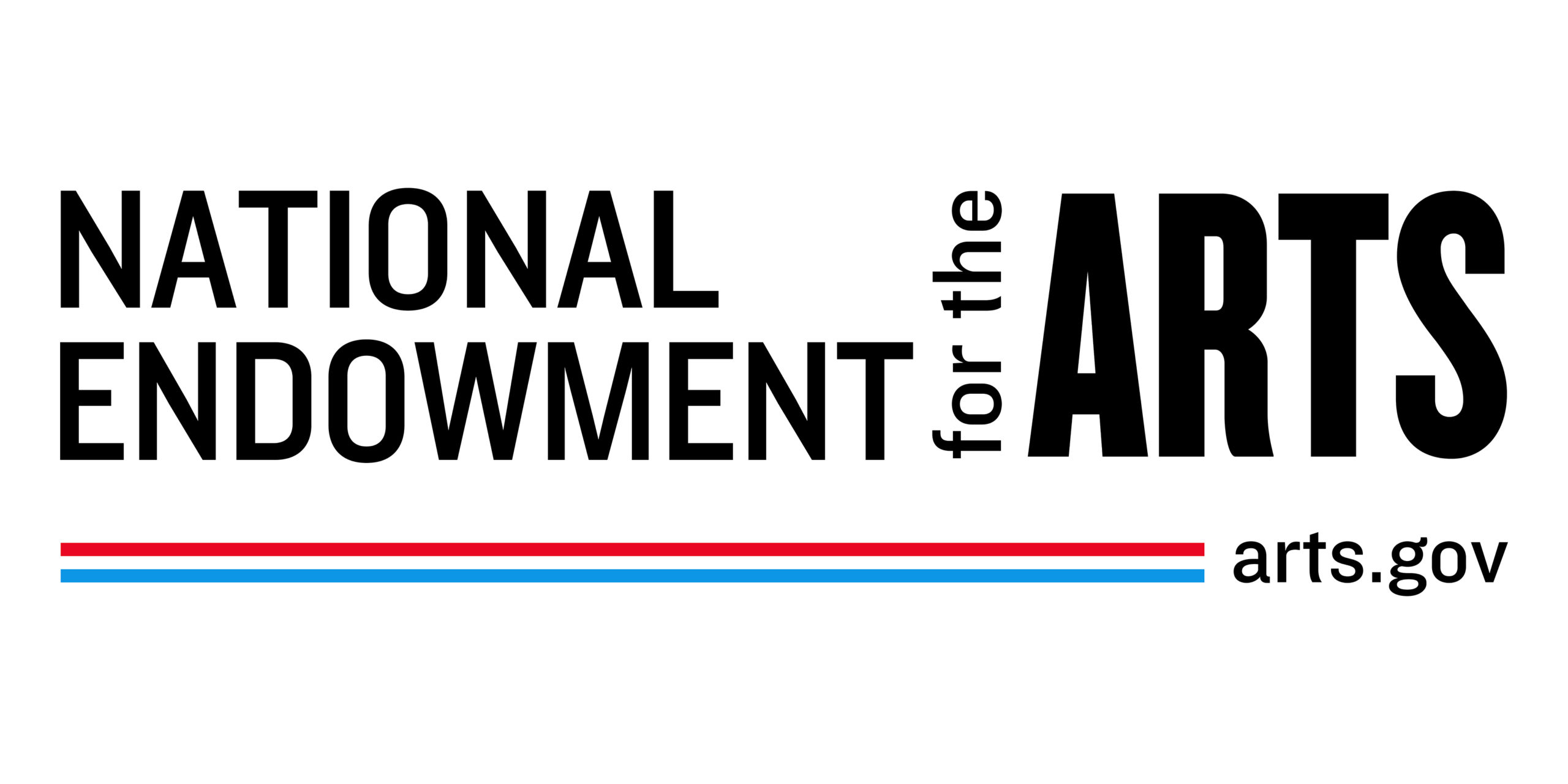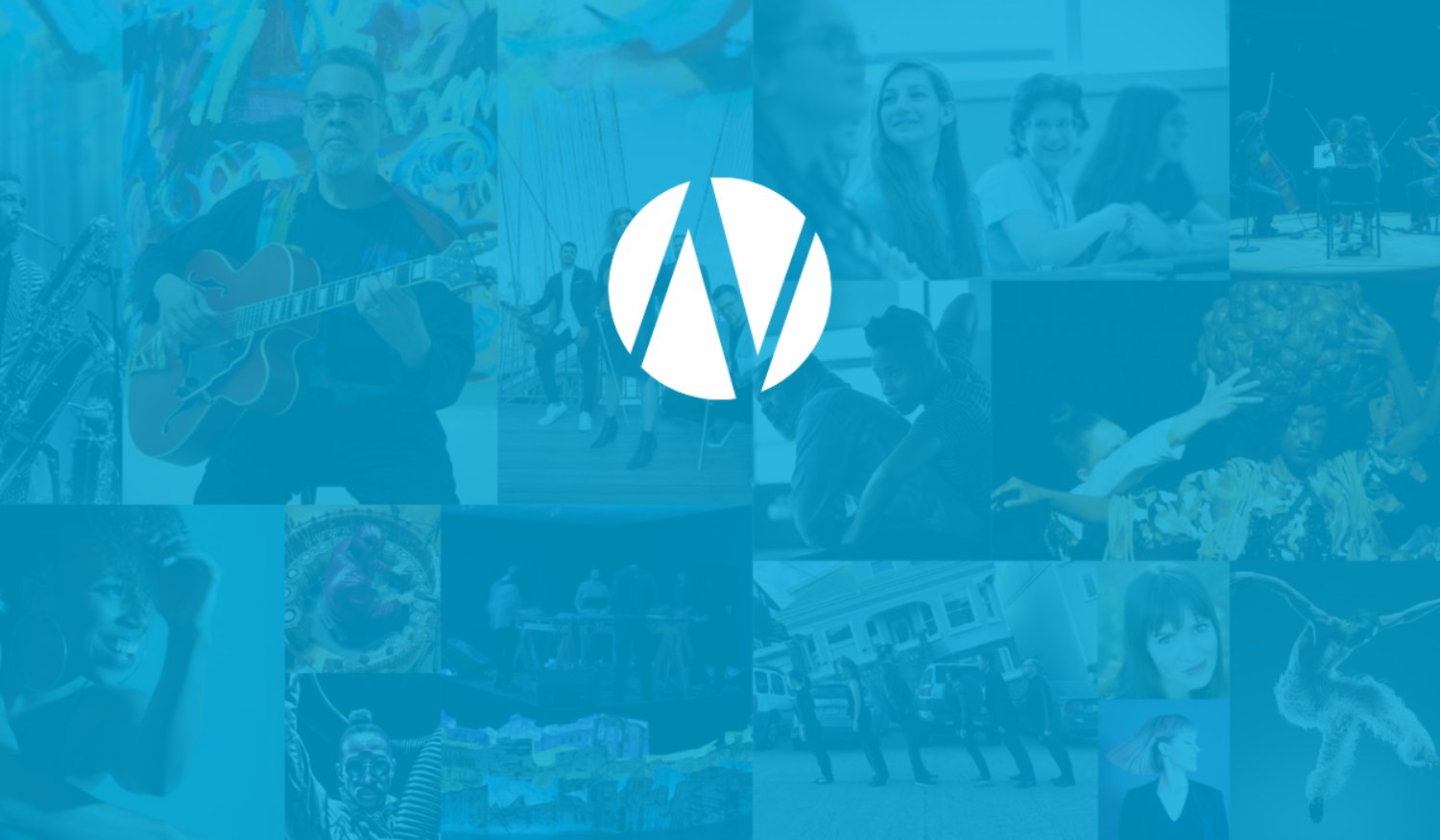
One issue that has been nagging me for quite some time: Why aren’t there more amateur composers? Or, to look at the question from a slightly different angle, why does it seem that so few people pursue the art of writing concert music, not as a vocation, but simply as a part of their lives?

Usually, when I hear concerts of free improvisations, I sense that there’s an initial period of “group-grope,” where the performers are settling into what they’re going to do. This wasn’t the case with Mat Maneri, Ed Schuller, and Randy Peterson at The Stone on Monday. While it was clear that they were freely improvising, they were so “in tune” with each other that their improvisations were examples of musical perfection.

I recently saw two shows in as many nights that were presented by a couple of fantastic arts organizations in Austin: Ballet Austin and the Austin Classical Guitar Society. They both featured something old and something new, though refreshingly (and surprisingly, given that these are not new music groups) there was more of the latter in both shows.

Sound of a New Century—or SONiC—is a new festival running between October 14 and 22 in New York City that will feature the works of over one hundred composers. All featured composers are age 40 or under, with a selection of pieces composed in the first decade of the new millennium.

Last week I had a very interesting conversation with another composer that arose from a comment he made about having to be careful that his music doesn’t look easier than it really is. Given that this was an extremely successful composer whose music doesn’t ever sound “easy” to me, I was very surprised to learn that this has been a concern of his.

I’d like to solicit your thoughts on whether or not it’s true that a young composer whose music strongly resembles her principal teacher’s is likelier to have been educated in Europe than in America. First, however, indulge me as I think through two related points.

It’s hard to believe that less than 25 years ago, a record label named Naxos sprang up seemingly out of nowhere offering quality recordings of most of the standard classical music repertoire for a fraction of typical retail cost. But what might be even harder to believe is that this global operation is basically the creation of one man—Klaus Heymann

During a week-long staff exchange in Norway that I participated in together with a colleague from Dublin, it was extremely instructive to discover the ways in which the Norwegian Music Information Centre, Ireland’s Contemporary Music Centre, and our own American Music Center (soon to be New Music USA) operate similarly, as well as ways in which we are completely different from one another.

With her latest CD, Mosaic, drummer Terri Lyne Carrington has assembled a jaw-dropping lineup of musicians who happen to all be female, including Cassandra Wilson, Esperanza Spalding, Nona Hendryx, Tineke Postma, Sheila E., Geri Allen, and many others. The intention of the project, as the liner notes describe, is to “comment on historical, current and appropriately feminine themes with the intent to offer an informative, enjoyable listening experience, driven by creativity and consciousness.”

While the starting points for music preparation and marketing spin can be far apart at the outset, they will hopefully meet up perfectly at concert time, when an exquisitely prepared concert lands on the ears and in the hearts of a capacity audience.

Even though in general I’m happiest holed up in my home, at times wonderful opportunities push me out of the nest towards greater adventures. Right now, I’m anticipating upcoming trips for concerts, each of which will hopefully allow me to connect with composers who are new to me and to reconnect with old friends who I haven’t seen in a while.

I keep hoping that somehow, somewhere, someone will tell me where and/or when letter-based chord symbols came into existence. I’m pretty sure it wasn’t Nashville. I’ve been asking around among the jazz historians at Rutgers and the Institute for Jazz Studies, but nobody seems to know for sure.

While instructors, other students, performers, and musical inspirations can all have a strong influence on a young composer, there is an important ingredient to the successful evolution of a composer that is many times overlooked—their parents.

Given the bigness of Texas, and in the interest of giving a sense of what’s going on throughout the region, I’m going to occasionally travel outside of Austin to explore other offerings. Among the heavy hitters in Houston is Musiqa, a new music organization run by professors from Rice and the Moores School at the University of Houston.

The human ear reacts to acoustic waves between 20 and 20,000 oscillations per second. While wave frequencies outside of this narrow band certainly exist, they are entirely outside the scope of human experience. We humans live our lives within a narrow band of sonic possibility, and to us it is everything. Until the last few hundred years, we weren’t even aware of these sounds lying beyond our perceptions.

Today, the Milwaukee noise scene is a tight-knit community of creative individuals exploring an expansive range of sonic methodologies. Many performers use a table filled with gear or a suitcase packed with electronics as the physical canvas for realizing their music. The diversity of sound sources is impressive.

Today, however, it seems we are all chameleons. Certainly many of the early-career composers I heard last month during the Pharos International Contemporary Music Festival, a generation that has grown up under globalization, with the internet at its fingertips, might be described in this way. Identity, origin, and authenticity have taken on whole new twists in just ten years or so.

Western musicians are accustomed to digesting note material (which is to say dots and lines) first and verbal material later or not at all. In the score of YLEM, for instance, Stockhausen specifies several pitch-classes by name, and of course we were very careful to play the right ones at the right times. “Play a tone for so long until you hear its individual vibrations” is an instruction no less concrete (although perhaps a bit more psychoacoustically challenging) than a B-flat quarter-note in the middle of the treble clef, but it’s not presented in the code that musicians are conditioned to take seriously.

If you can’t convince the members of So Percussion to stop by your house and play a show in your living room, their latest release, It Is Time, just might offer the next best thing. The disc contains only a single work—Steve Mackey’s five-movement, 38-minute It Is Time—which was composed expressly for the quartet. It comes bundled, however, with a 5.1 surround sound DVD of a complete performance that allows the viewer to get up close and personal with each of So’s members.

Last week, I found myself participating in a Twitter discussion on the merits of self-publishing vs. working with a legacy publisher. This conversation gradually evolved into one about self-promotion during which many composers expressed their angst at the prospect and their lack of ability to do so effectively.

The International Music Council is designed to represent anyone involved in any kind of musical activity anywhere in the globe. However, in reality, the IMC has traditionally mostly attracted people involved with music education and representatives from national music councils. In addition to all the “official” musical ambassadors, the IMC’s World Forum for Music also attracted a handful of individual composers and musicologists, and it was nice to see that there was room here for everybody.

Eve Beglarian’s omnivorous eclecticism has its roots in something that is arguably even more telling about her as a creator—it all emanates from a profound love both for language and for sound in and of itself. For her, language is sound, and sound is also language.

Slash chords are not superior to chords with long extensions and it always comes down to a matter of context whether or not they should be employed. But I do agree wholeheartedly that they’re easier to read when their lower half is placed directly under their upper half instead of being written left-to-right.

There are few topics that I cover in my interviews with composers in which I feel the need to “be careful.” I’ve never worried about a reaction to an inquiry about one’s own creative process, history and background, or teaching philosophy. There is one topic, however, that I do feel the need to tread lightly around, and that is the concept of commissions. There are several reasons to be cautious when discussing commissions with a composer, not the least of which is that it is the closest you are going to get to discussing their own personal finances.
